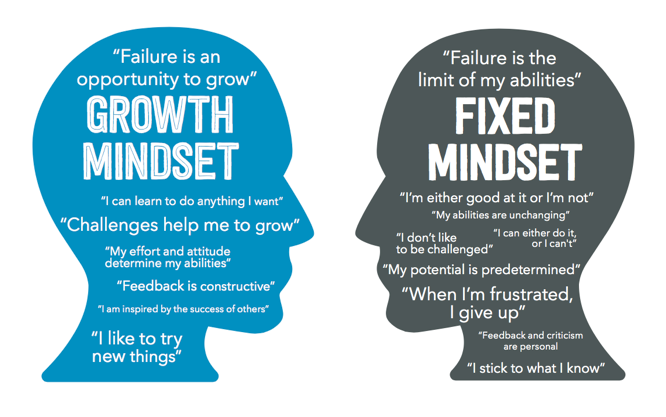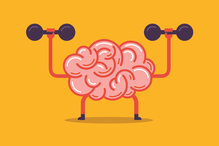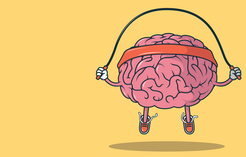Fixed MindsetFixed Mindset: In a fixed mindset, people believe their basic qualities, like their intelligence or talent, are simply fixed traits. They spend their time documenting their intelligence or talent instead of developing them. They also believe that talent alone creates success—without effort.
|
Growth MindsetGrowth Mindset: In a growth mindset, people believe that their most basic abilities can be developed through dedication and hard work—brains and talent are just the starting point. This view creates a love of learning and a resilience that is essential for great accomplishment.
|
Recent advances in neuroscience have shown us that the brain is far more malleable than we ever knew. Research on brain plasticity has shown how connectivity between neurons can change with experience. With practice, neural networks grow new connections, strengthen existing ones, and build insulation that speeds transmission of impulses. These neuroscientific discoveries have shown us that we can increase our neural growth by the actions we take, such as using good strategies, asking questions, practicing, and following good nutrition and sleep habits.
In addition to teaching kids about malleable intelligence, researchers started noticing that teacher practice has a big impact on student mindset, and the feedback that teachers give their students can either encourage a child to choose a challenge and increase achievement or look for an easy way out. For example, studies on different kinds of praise have shown that telling children they are smart encourages a fixed mindset, whereas praising hard work and effort cultivates a growth mindset. When students have a growth mindset, they take on challenges and learn from them, therefore increasing their abilities and achievement.


